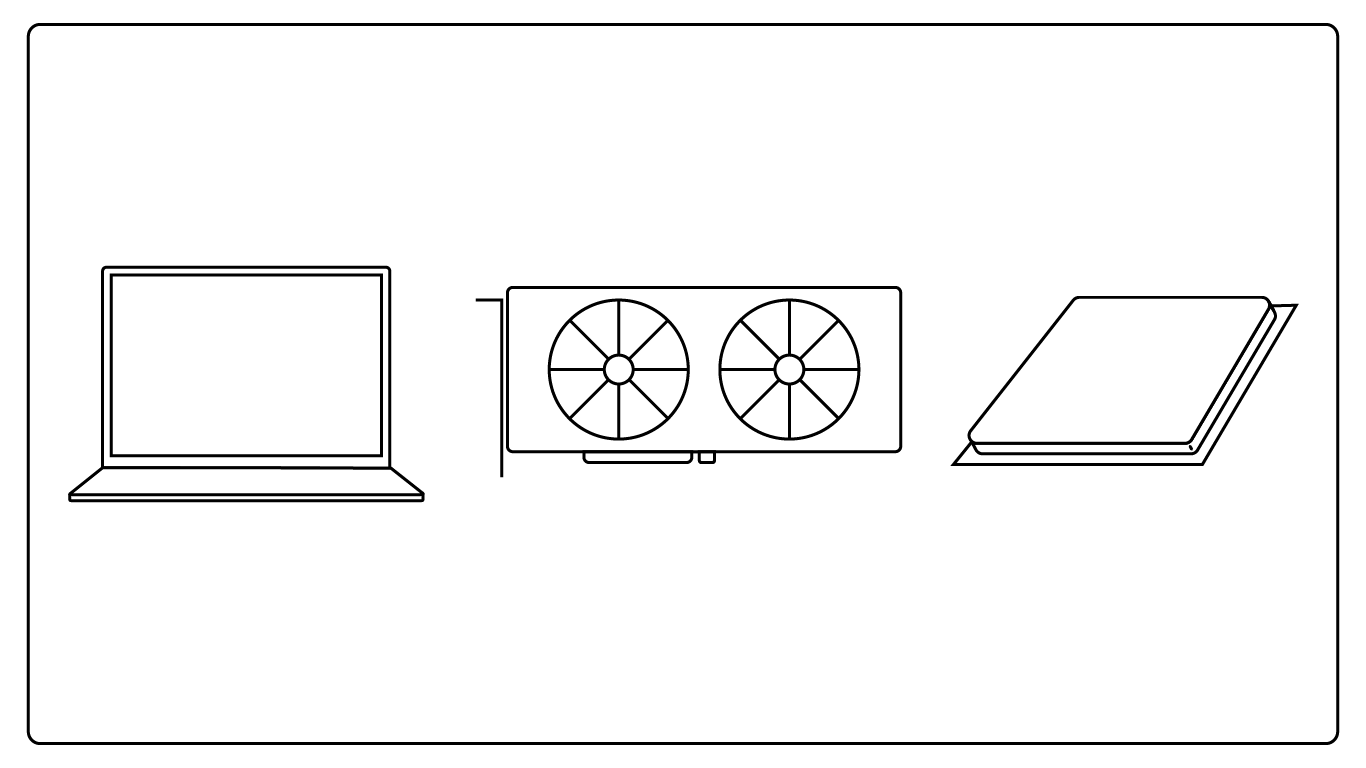
ARCSIM and UMS:IT Streamline Device Purchasing
by Stefania Irene Marthakis
When a University of Maine (UMaine) faculty member or researcher needs to purchase computing equipment, they reach out to UMS:IT and Strategic Procurement to choose from a standard list of devices. For over a year, UMS:IT has been collaborating with the Advanced Research Computing, Security and Information Management (ARCSIM) team as well as Strategic Procurement and the UMaine Vice President for Research Office to streamline a manageable and sustainable process of buying and maintaining both standard and non-standard equipment for their needs.
UMS:IT and ARCSIM formed a Research Computing Request Review Committee to focus on the importance of research technology-related needs of UMaine faculty and researchers. This Committee meets weekly to review incoming device purchase requests from faculty, and are now considering the unique requirements of requests for non-standard devices.
In the past, the procurement process has been challenging with some requests taking weeks or months to process and others getting delayed due to supplier fulfillment shortages. UMS:IT and ARCSIM have spent the past year identifying perceived gaps while routinely monitoring and making constant refinements to the request process for standard devices, expediting the approval process, and striving to find an optimal number of standard device configurations, as well as setting up an approval process for researchers to purchase non-standard devices, where possible.
“We are striving to serve the vast majority of faculty without compromise with this new collaboration between Systems IT and ARCSIM,” Shane Moeykens (Director of ARCSIM) stated. “We have made significant progress and will continue to address any gaps.”
UMS:IT focuses their limited resources where they can make the biggest impact on the computing needs of the campus. Standard devices are encouraged, since UMS:IT can actively manage them, pre-test the devices, provide security and updates, automatically identify when there are vulnerabilities, and send notifications to the researcher. UMS:IT provides standard device configurations that range from academic/general use to higher end research use and would like to take this a step further. UMS:IT is currently working on a Computer Refresh Program, which will provide employees on the entire campus with a new laptop every five years.
In the case that a faculty researcher needs a non-standard device, there is now a process that begins with a form to pose the request which is batched and reviewed weekly. If needed, a follow-up interview is conducted with the faculty researcher to further understand the comprehensive needs of their lab. Considering data security requirements, a non-standard device request can be approved within days to weeks. “We are emphasizing customer service with joint reviews,“ Kevin Wentworth (Assistant Director of ARCSIM) said. “We’re trying to balance research freedom with necessary best practices that protect the researcher.”
Protecting intellectual property and research data is a top priority. Melissa Kimble (Research Data Security Analyst at ARCSIM) has been brought in to help assess the potential data security impact of non-standard device requests and to develop the process of onboarding faculty with non-standard technology. Each non-standard device request is addressed on a case-by-case basis, especially when security is involved, and in some cases a standard device may be the only path towards compliance with federal requirements.
UMS:IT assesses what areas of management and security they can provide for a specific non-standard device (i.e., Best Effort Support), and then identifies the areas of management and security that still need to happen. An agreement with the researcher may be applied to clarify that they will take on certain responsibilities to manage and protect their device. UMS:IT and ARCSIM collaborate in connecting researchers to university and other external resources.
“This new process will help us assist the researchers in creating a more secure environment and will still allow them to do the research that they need and in the way they need to,” Tom Drake (UMS:IT Campus Services Operations Manager) concluded. “If you need to access cloud-based resources, great, we can do that. We just need to set up parameters to protect your equipment, protect your data, and allow you to connect in.”
